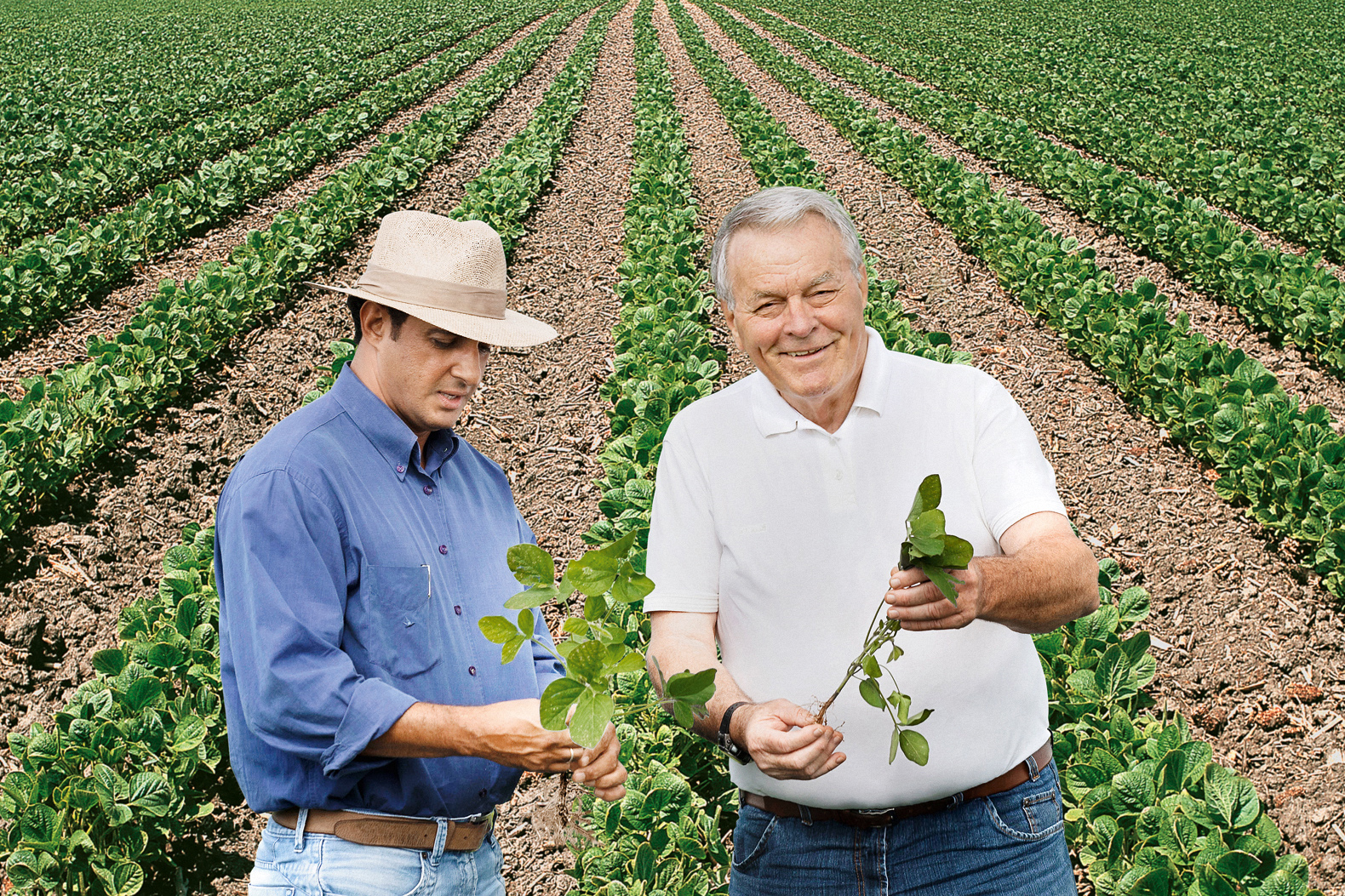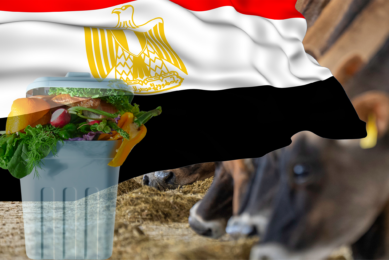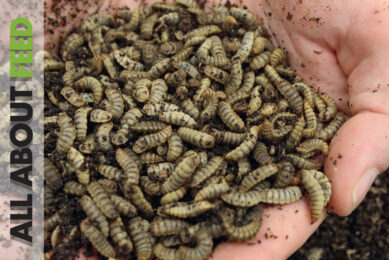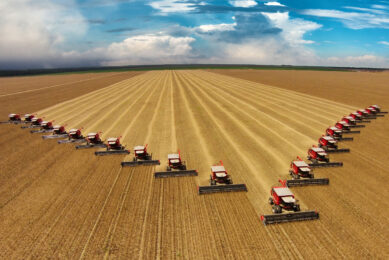Partnership: Bayer and Cefetra for responsible soy

Bayer and the agricultural supply chain manager Cefetra, a BayWa company, have started a Food Chain Partnership designed to drive sustainable cultivation of agricultural commodity crops.
The overarching goal of the partnership is to support local farmers in implementing agricultural practices that are environmentally sound, socially adequate and economically viable.
In order to achieve this goal, Bayer supports farmers to achieve certification for responsible soybean production through its Valore service. Bayer enables the farmer to reach the required level of certification, while Cefetra provides the actual certification that meets the requirements of the European feed compounders for sustainable soybean usage. The initial focus of the partnership is on soybean production in Brazil; however a similar approach is explored for Argentina.
Pilot project to put theory into practice
Already in 2015, Bayer and Cefetra have set-up a pilot project, seeking to raise the production standards through certification of sustainably produced soya. This project already enabled the sourcing of more than 120,000 tons of certified soybeans originating from Brazil which are either Cefetra Responsible Soy (CRS) or Round Table on Responsible Soy (RTRS) certified.
Also interesting: WWF publishes Soy Scorecard 2016
The WWF published the 2016 edition of WWF’s Soy Scorecard in advance of the 11th annual conference of the Round Table on Responsible Soy (RTRS) taking place in Brazil this week. The feed industry is not happy with the way this Scorecard is being put together.
Extending responsible soybean initiative
As a result of the positive response to this project, both companies agreed to further strengthen their cooperation and signed a 3-year collaboration agreement. Both parties agreed to extend the existing initiative to more producers in Brazil, further crops and additional countries. A pilot project on responsible soybean is also going to be initiated in Argentina this year.
Helping growers improve their farm operations
“Soybeans are a crop with great strategic importance for the region and for Bayer. We want to advance the adoption of good agricultural practices and innovation in the field and also help growers to improve their farm operations. Certification is one important tool to this end. We encourage farmers to follow certification standards, including RTRS and CRS, which will make their business more sustainable and also more profitable in the long run,” summarised Eduardo Estrada, Head of Bayer’s Crop Science division in Latin America. “Cefetra sees its role in the supply chain to facilitate the process of transition towards certified sustainable soya production. With Bayer we have found a strong partner that shares our commitment and helps us to accelerate the process,” commented Robert van der Zee, Chief Operational Officer of Cefetra.











